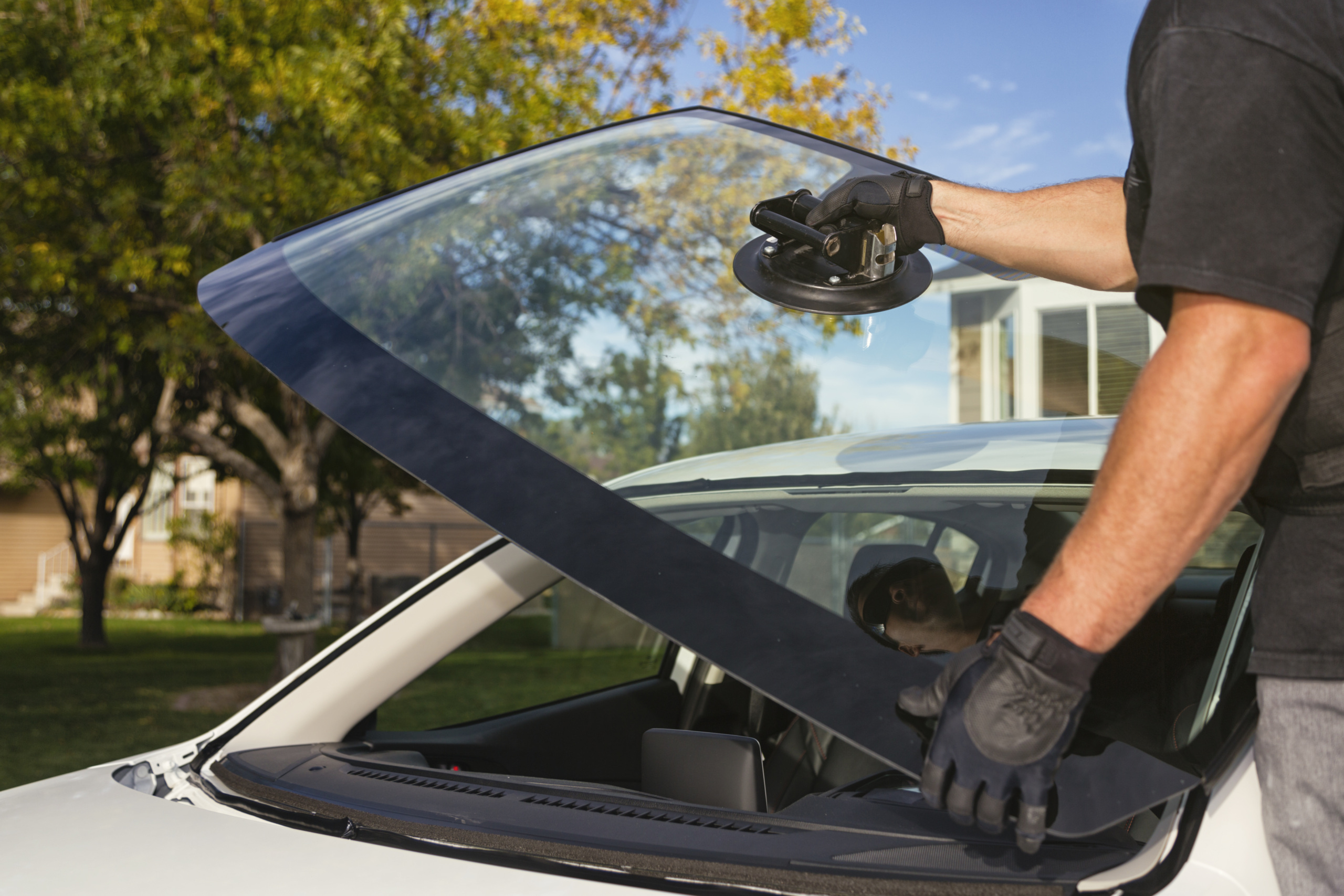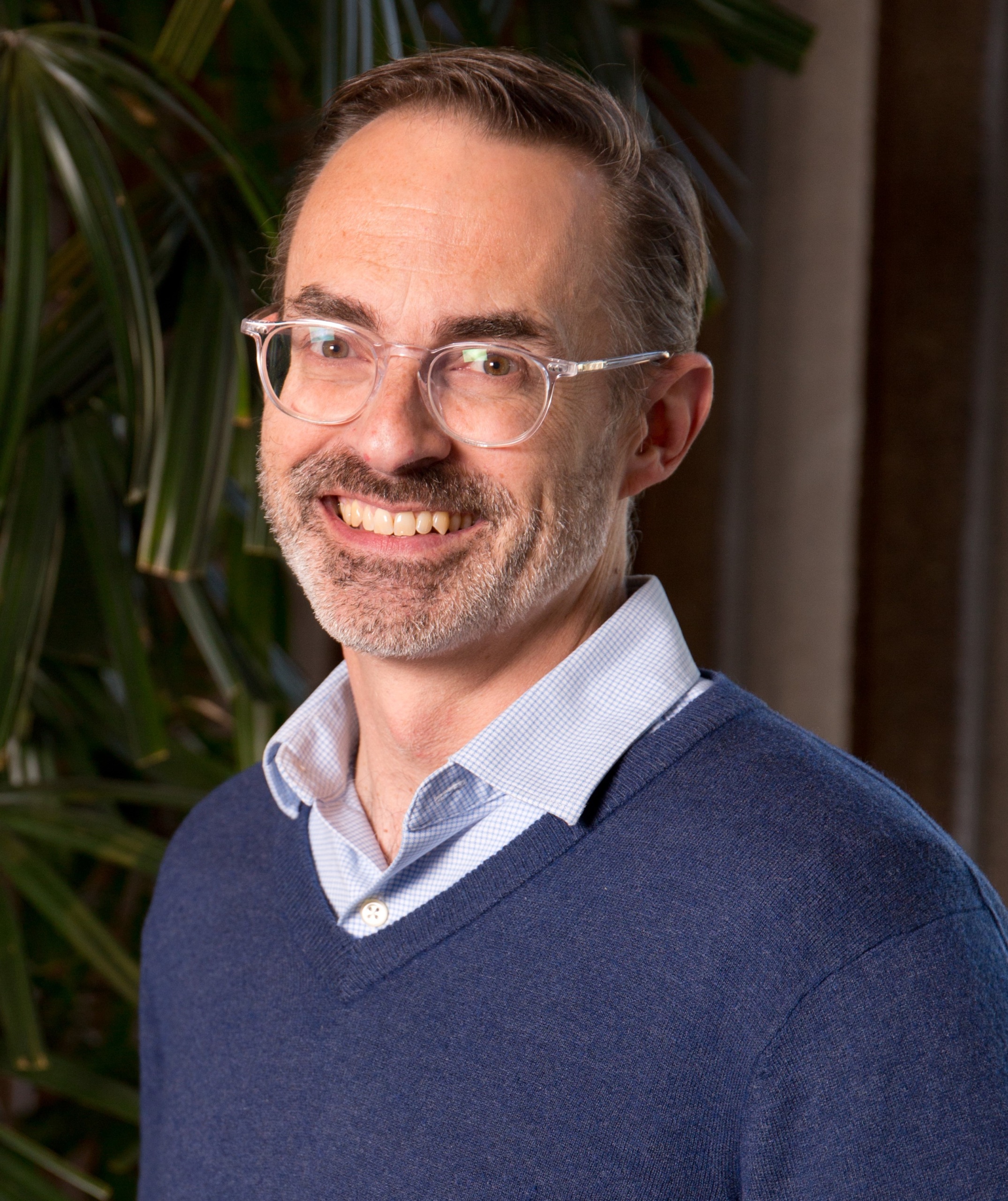
The highways had to go somewhere. Fixing the deficit in our political imagination.
If we are ever going to address a problem as big as, for example, climate change, we need to relentlessly question the absurdity of the status quo, to go beyond considering ways to make our current systems and modes of development incrementally less bad or less unjust, and imagine how those systems can be transformed into something qualitatively better.
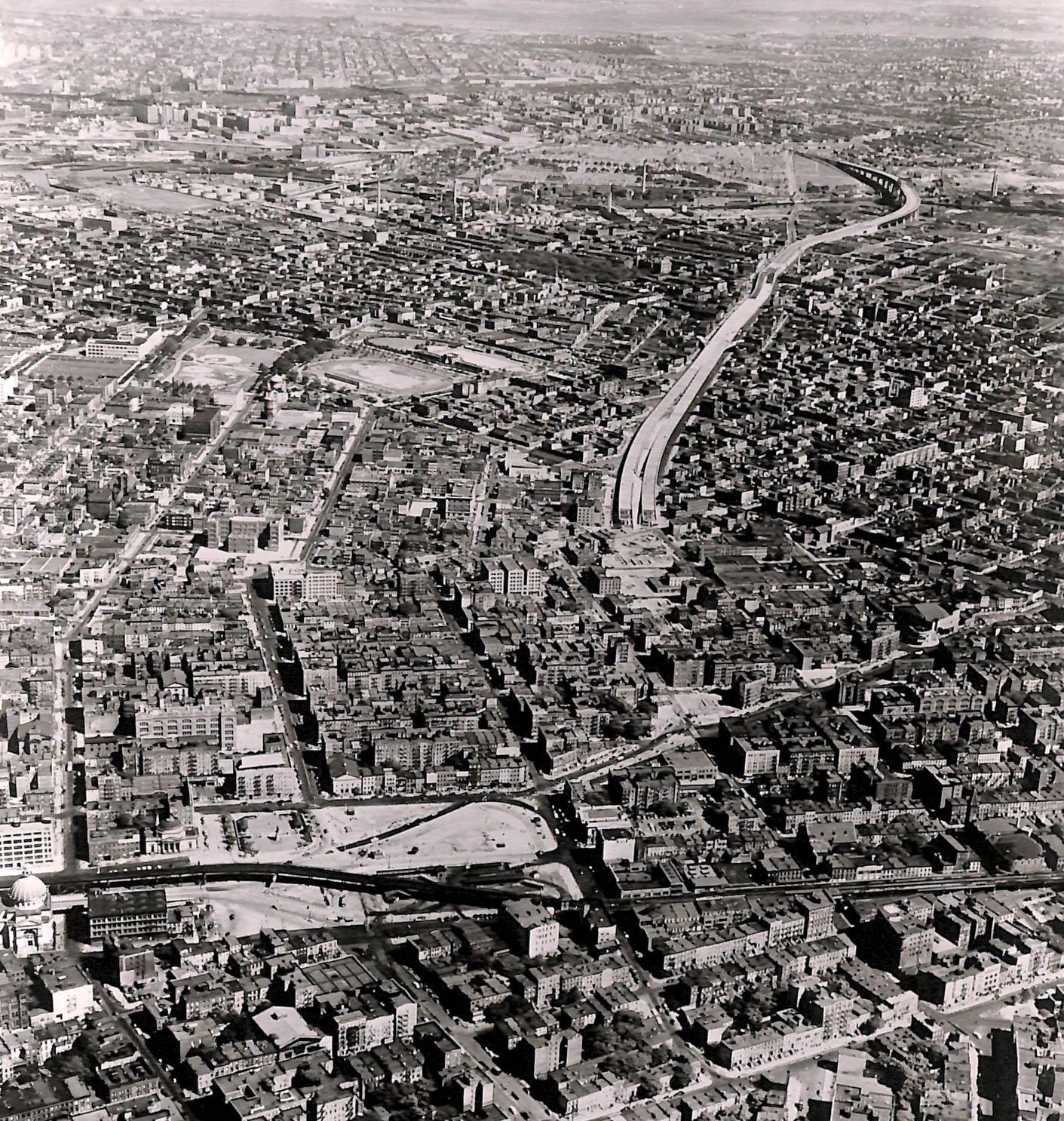
In 1921, in one of the most violent and notorious incidents in a notoriously violent era of U.S. race relations, a mob of white attackers descended on the prosperous Greenwood neighborhood of Tulsa, nicknamed “Black Wall Street.” Over the course of the next 18 hours, dozens of people were killed, an entire neighborhood was destroyed, and roughly 10,000 people lost their homes.
That story, buried for many years, has now broken through to the national consciousness. But fewer people know the epilogue: Black Tulsa residents managed to rebuild Greenwood – against great odds – after the massacre, only for the neighborhood to be destroyed again. By a highway.
I-244 (the “Martin Luther King, Jr. Memorial Expressway”) slashed through Greenwood in the 1960s and 1970s. It was a story that was repeated over and over again in the late 20th century, as urban freeways paved over neighborhoods nationwide. Roughly 1 million people – Black, brown and white, predominantly poor and working-class – were displaced by highway construction between 1957 and 1977 – a staggering number of lives altered and communities destroyed.
It’s a chapter of our history that’s long been ignored, but is now finally gaining attention, as evidenced most recently by a segment on the Daily Show by Trevor Noah.
There was something about the segment, however, that bugged me. About halfway through detailing the history of racism in mid-century highway construction, Noah said something that caught me short:
“Now don’t get me wrong: The highways had to go somewhere, right?”
To which I immediately responded in my head: Did they?
The answer is no. Plowing multi-lane expressways through the middle of American cities was a choice – and a colossally bad one. Those highways did more than just wipe out poor and minority communities or reinforce racial boundaries – they cut the literal heart out of many of our cities, slashed their tax base, accelerated the movement of people and wealth to the suburbs and cemented our dependence on cars, subjecting generations of Americans to health-threatening levels of air pollution and increasingly rapid climate change.
Not only was it a bad choice, but it was one that many of our peer countries did not make. Most European countries, for example, never built freeways through the hearts of their cities.
So, yes, it is important that someone with the platform of Trevor Noah is reminding his legion of viewers of the massive human cost of highway construction and specifically its impact on Black and brown communities. But how disappointing is it that, in making that point, he felt the need to reinforce the idea that a transportation strategy that has not only proven to be dangerous, damaging and costly, but has also failed on its own terms to move people efficiently and reliably around and through our cities, was somehow inevitable?
Trevor Noah’s Daily Show predecessor, Jon Stewart, evinced a similar lack of imagination in a recent segment on climate and energy, intimating that the entrenched power of the oil industry and the development of the rest of the world along resource-intensive American lines are all but inevitable. If the boundaries of the possible include only actions that might be seen as pleasing by Shell Oil, what hope, really, do we have of averting catastrophe?
It would be one thing if Noah and Stewart were politicians carefully parsing their words to preserve a big enough coalition to win the next election. But they’re comedians – and beyond that, “progressive” ones with a reputation of being willing to skewer the status quo. Comedians have always been able to get away with saying things that others cannot say – in the process, enabling their audience to recognize absurdity and become comfortable with new ways of seeing and acting on the world. What does it say about our moment in history when the blatant absurdities of today – from the daily horror of sitting in traffic to the insane power of multinational firms to shape the future climate of the planet – seem to escape their notice?
It very well may be that an end to urban freeway construction or the dethroning of Big Oil won’t happen tomorrow … or anytime soon. And it may be that to make progress in the near term, we need to compromise with the Shell Oils of the world and make incremental tweaks to a transportation system and lifestyle built around the automobile.
But if we are ever going to address a problem as big as, for example, climate change, we also need to relentlessly question the absurdity of the status quo. We need to go beyond considering ways to make our current systems and modes of development incrementally less bad or less unjust, and imagine how those systems can be transformed into something qualitatively better.
There are better options out there waiting for us. But we won’t find them if we write them out of our societal conversation from the start.
Photo: Construction of the Brooklyn-Queens Expressway in New York City, Credit: U.S. Department of Commerce via National Archives
Topics
Authors
Tony Dutzik
Associate Director and Senior Policy Analyst, Frontier Group
Tony Dutzik is associate director and senior policy analyst with Frontier Group. His research and ideas on climate, energy and transportation policy have helped shape public policy debates across the U.S., and have earned coverage in media outlets from the New York Times to National Public Radio. A former journalist, Tony lives and works in Boston.
Find Out More
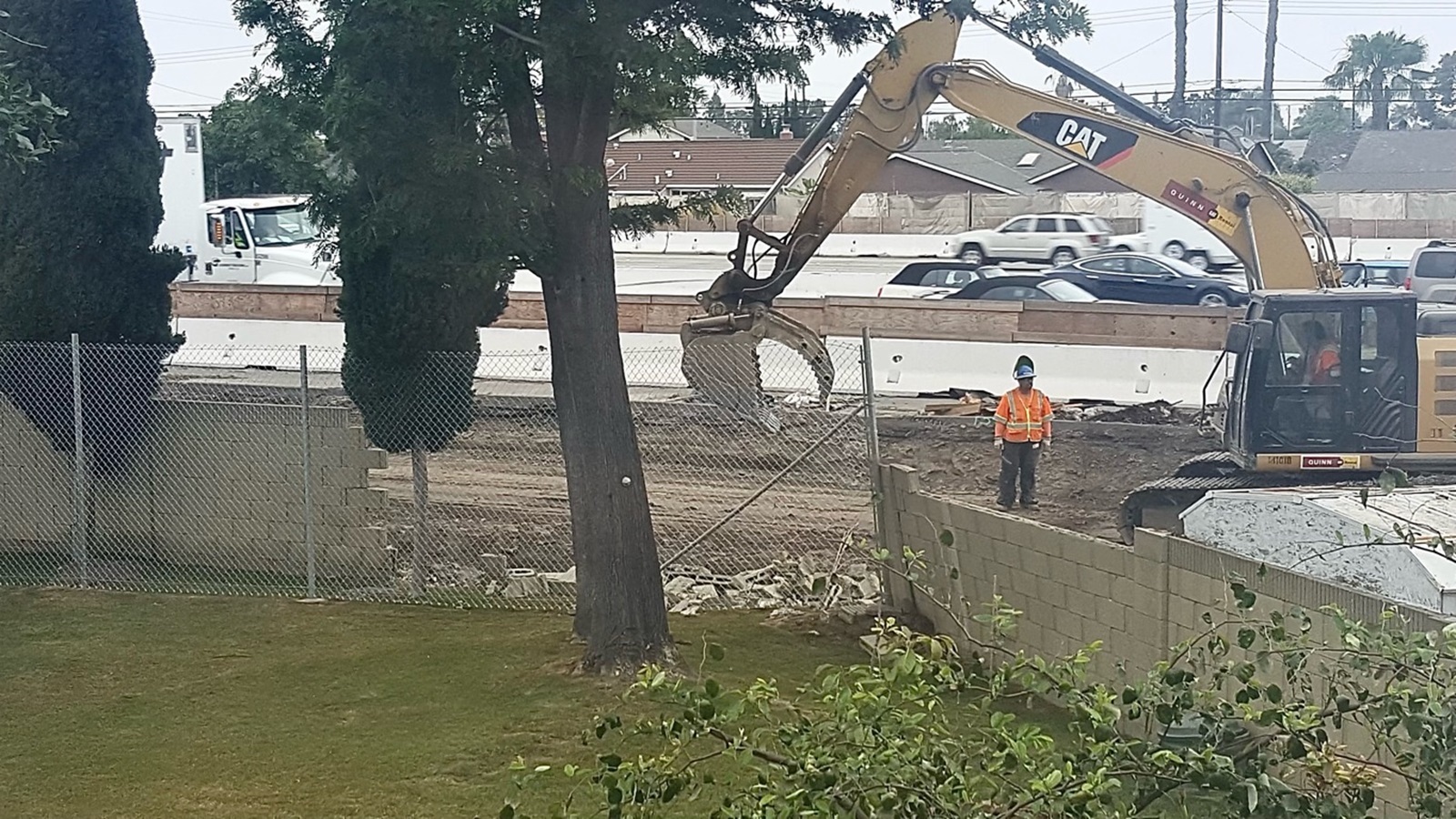
Wider highways don’t solve congestion. So why are we still knocking down homes to build them?
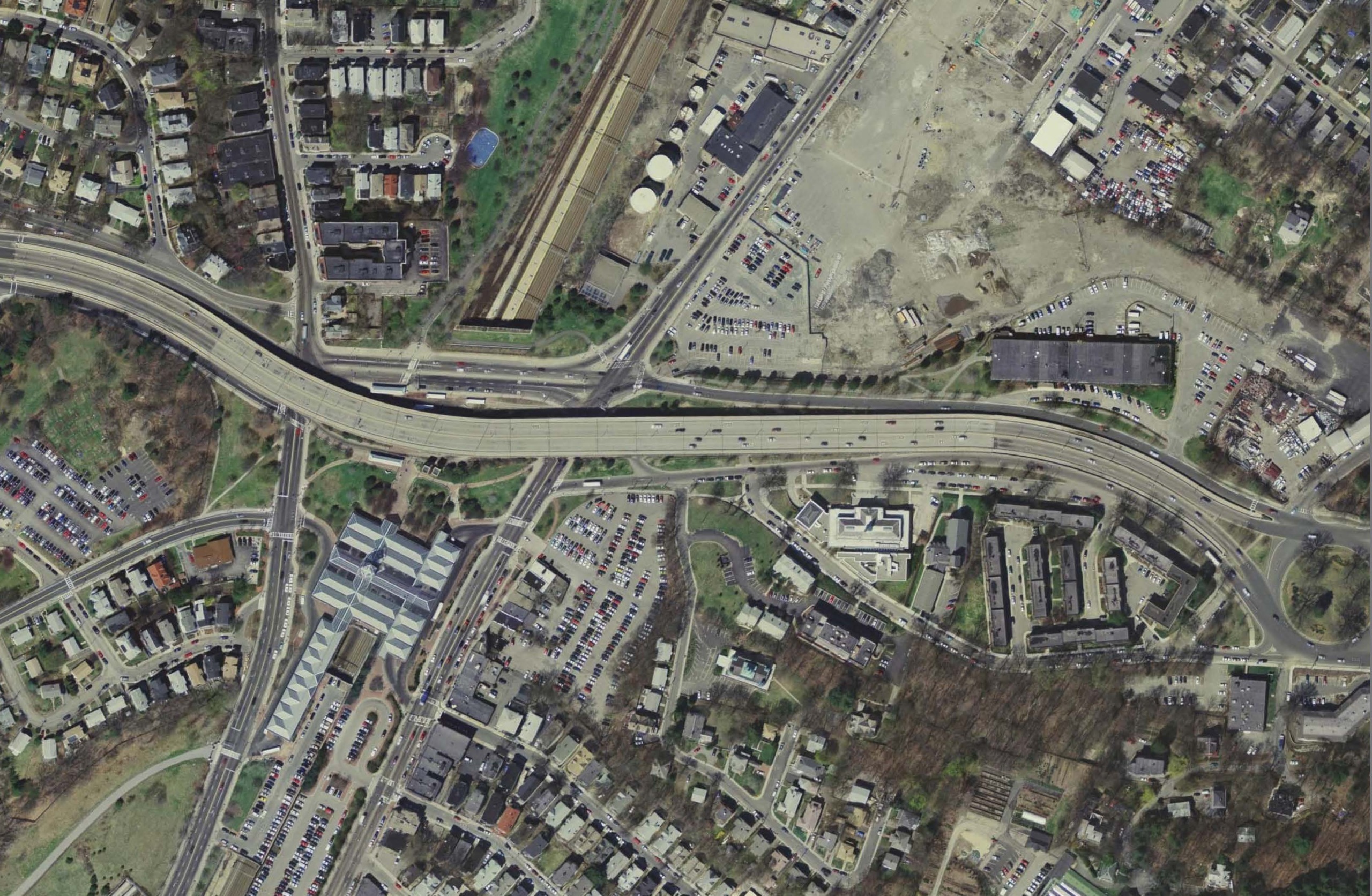
Four ways to look at a project (or policy, or almost anything)
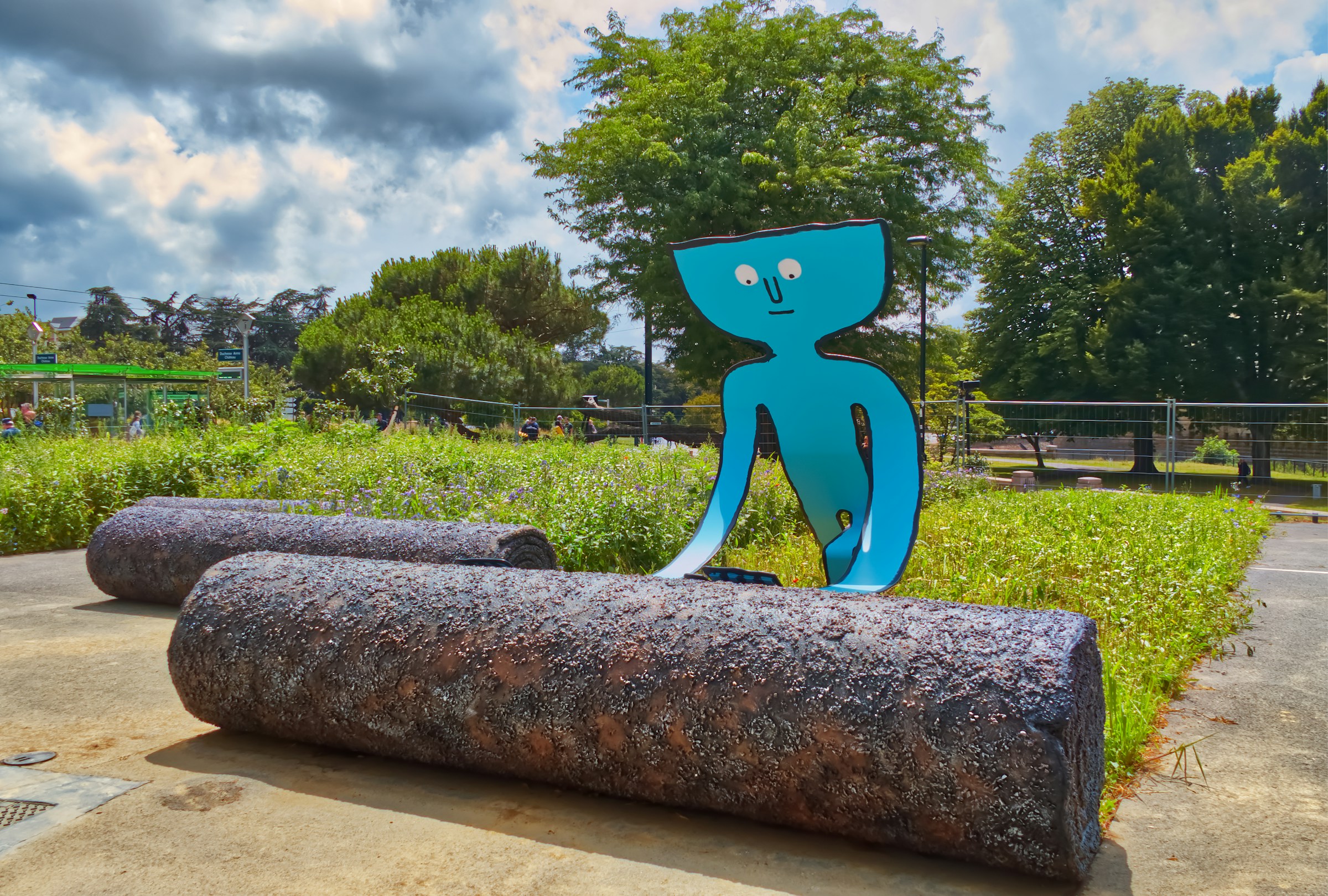
From gray to green: How (and why) to depave
